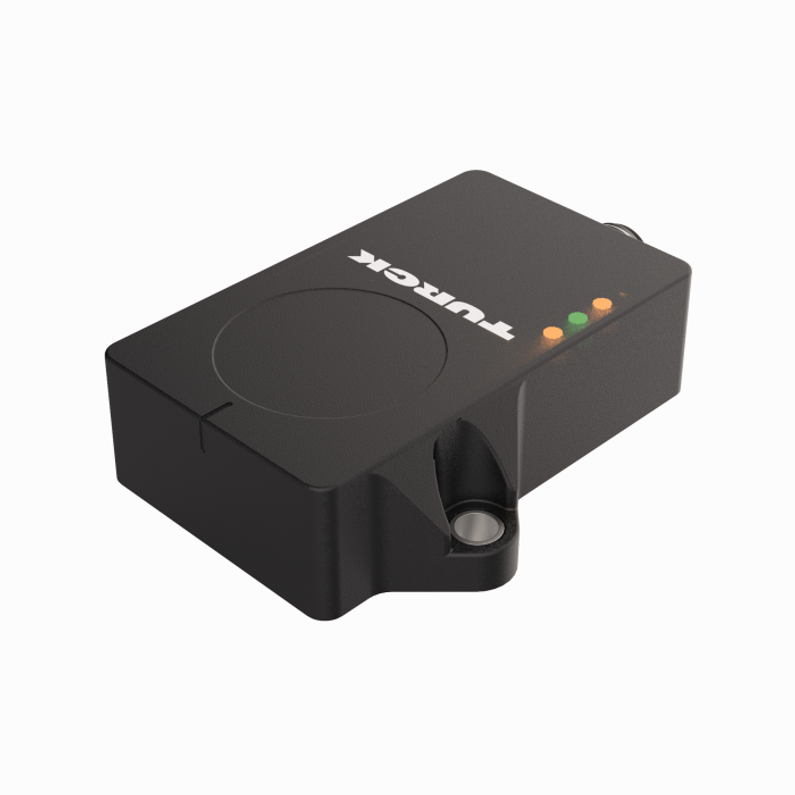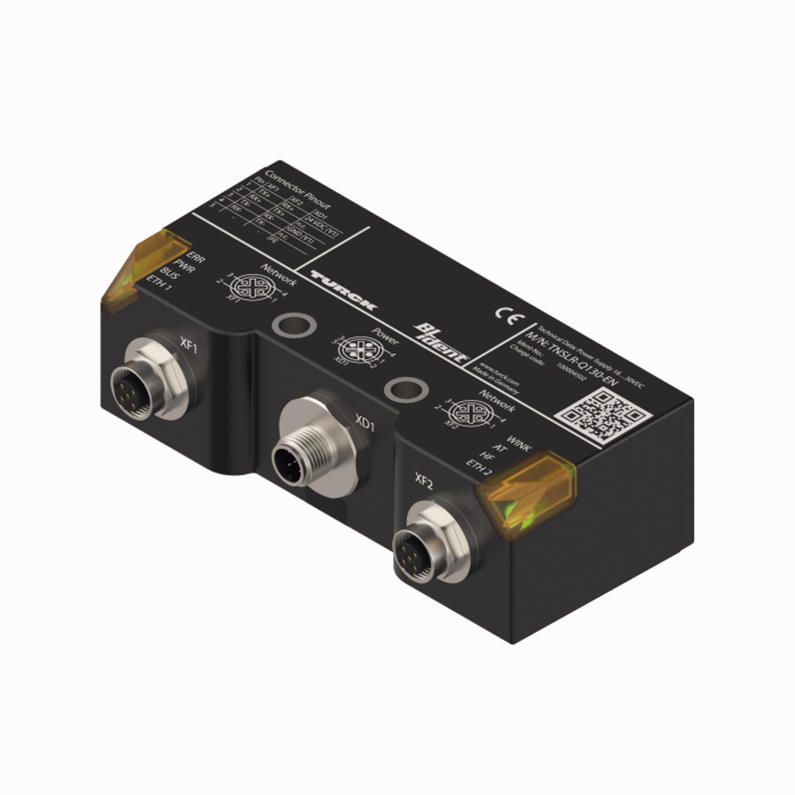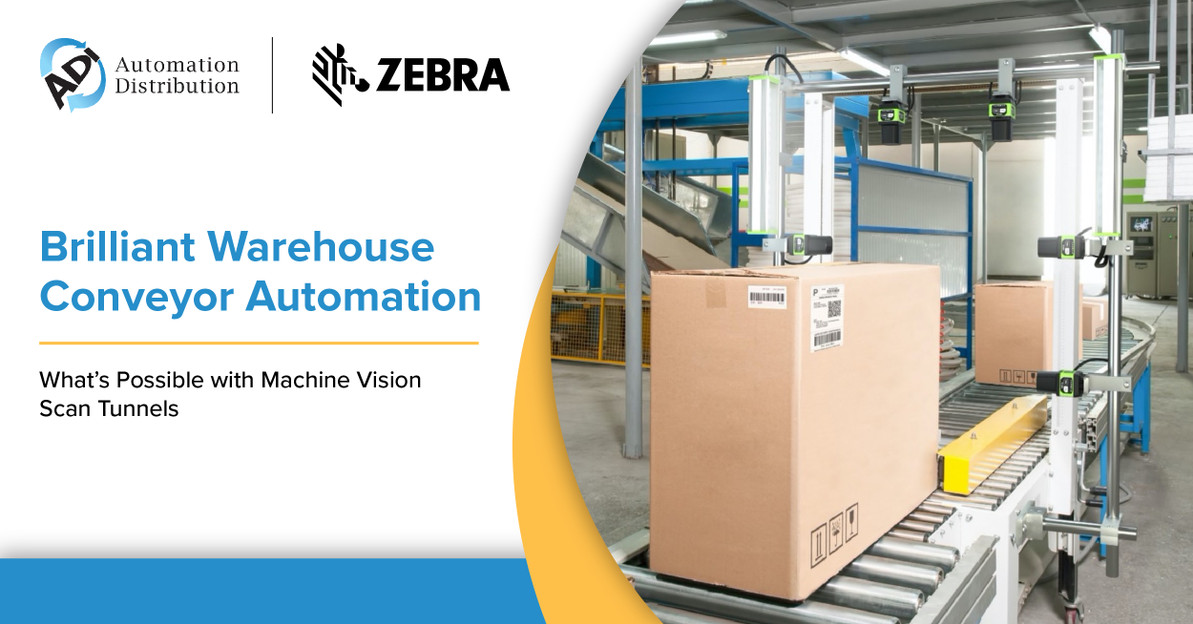Enhancing Industrial Precision: The Crucial Role of Inclinometers
In the realm of industrial engineering, precision and accuracy are paramount. Inclinometers, also known as tilt sensors or tilt meters, have emerged as invaluable tools that play a pivotal role in ensuring the efficiency, safety, and precision of various industrial processes. These specialized sensors measure angular tilt or inclination in multiple axes, offering engineers critical data that aids in optimizing operations across diverse industrial settings.
Understanding Inclinometers
At its core, an inclinometer is designed to measure angular displacement concerning the gravitational force. Utilizing different technologies such as MEMS (Microelectromechanical Systems), electrolytic, or fluid-based mechanisms, inclinometers can accurately detect tilt angles in one or more axes, providing real-time data on an object’s orientation concerning the Earth's gravitational field.
Applications in Industrial Settings
Construction and Infrastructure Development
In the construction sector, inclinometers are integral for monitoring the inclination of structures like buildings, bridges, and dams. These sensors aid in detecting any deviation from the intended angles, ensuring structural stability and safety. Early identification of potential deviations enables engineers to take corrective measures promptly.
Manufacturing and Machinery Alignment
Precise alignment of machinery and equipment is critical for efficient industrial processes. Inclinometers assist in ensuring that machines are appropriately positioned, guaranteeing optimal performance and preventing wear and tear due to misalignment. Whether in automotive assembly lines or CNC machining centers, these sensors contribute to maintaining accuracy in manufacturing.
Turck's inclinometers, which fuse MEMS and gyroscope signal for moving applications, are now also available in dual analog outputs. These new variants are ideal for customers who need to monitor two analog outputs simultaneously. These rugged IP68/IP69K rated sensors can program custom ranges via IO-Link. Key applications include leveling platforms, lifting equipment, rotational arms and any place you need to detect angular or rotary position. These new inclinometers are great addition to your industrial application because they have no mechanical moving parts, like an encoder; no positioning element, like rotational sensors; and no metal target needed, like proximity sensors.
Key Features& Benefits
•MEMS + Gyroscope evaluation for use in dynamic movement applications
•Fast response •Robust Housing used within other technology portfolio’s
•2x 0.1-4.9V, 0.5-4.5V, 0-5V, 0-10V, 0-20mA, 4-20mA output types
•Outputs configurable via IO-Link
•Smart data via IO-Link
•Built in spirit level function for visual indication of level
•Single Axis – 0-360° measuring range
•Dual Axis - ±10° ±25° ±45° ±60°, ±85° measuring range
•-40 to + 85°C Operating temperature
•IP68/IP69K Protection Rating
•200g Shock resistance
Geotechnical Monitoring
In the field of geotechnical engineering, inclinometers are employed to monitor ground movement in areas prone to landslides or subsidence. By measuring slopes and detecting deviations in the soil or rock layers' angles, engineers can predict and mitigate potential hazards, safeguarding infrastructure and human lives.
Aviation and Aerospace
In aerospace engineering, inclinometers are utilized in aircraft instrumentation to determine the aircraft's orientation concerning the horizon. These sensors, often integrated into inertial navigation systems, aid in flight control and stability, ensuring safe and precise navigation.
Advancements and Future Prospects
Technological advancements continue to enhance inclinometer capabilities. Integration with wireless communication and IoT (Internet of Things) platforms enables real-time monitoring and remote access to inclination data. Additionally, developments in miniaturization have led to the creation of compact, yet highly accurate, inclinometers suitable for various applications, including wearable devices and robotics.
Inclinometers stand as indispensable tools for engineers across diverse industrial sectors. Their ability to measure angular displacement accurately facilitates the optimization of processes, enhances safety protocols, and ensures the longevity of critical infrastructure. As technology evolves, inclinometers will likely continue to play a pivotal role in shaping the future of industrial precision and safety.
Inclined towards precision, these sensors exemplify the fusion of engineering ingenuity and technological innovation, proving indispensable in the pursuit of accuracy in industrial settings. Have an upcoming application that could use Turck's new inclination sensors? Schedule a 15-minute call with our experts to chat with an expert now.
Recent Posts
-
Best Methods for Connecting Older Devices and Machines for Data Analysis
In today's rapidly advancing technological landscape, data analysis has become a cornerstone for inf …May 6th 2024 -
Introducing the Turck Q130 HF Read/Write Head: Revolutionizing RFID Data Management
In today's fast-paced industrial landscape, efficiency and accuracy are paramount. The ability to se …Apr 30th 2024 -
Using Scan Tunnels to Track, Sort and Route Warehouse Packages
If you’re using conveyor lines to move products, packages and shipments through your warehouse, the …Apr 17th 2024




